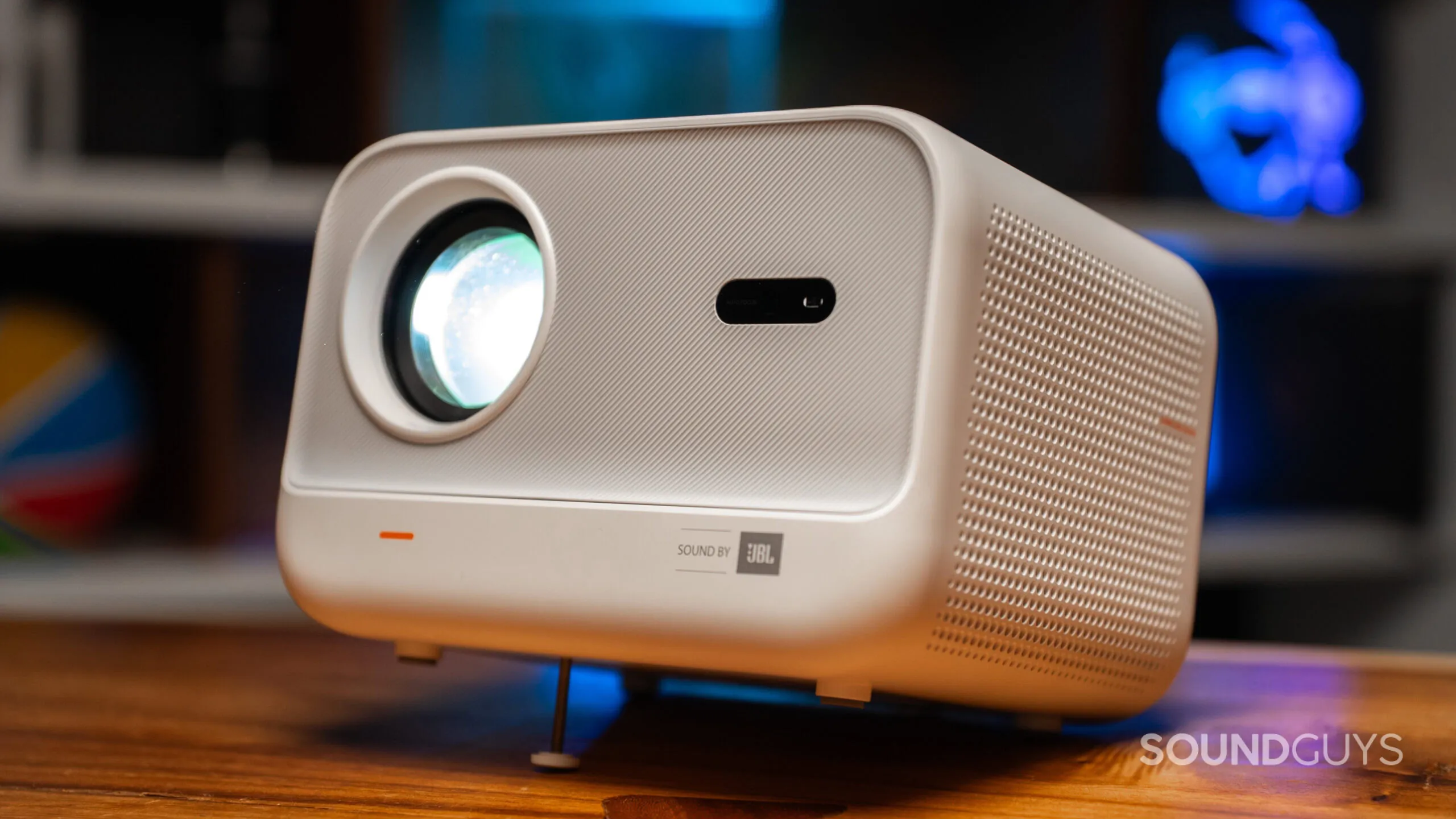BIS Certification for Packaged Drinking Water IS 14543

Packaged drinking water has become an essential commodity in today’s fast-paced world, providing safe and accessible hydration on the go. However, the quality and safety of this water are paramount. The Bureau of Indian Standards (BIS) plays a critical role in ensuring that packaged drinking water meets stringent quality norms. One such standard is IS 14543, which governs the certification of packaged drinking water in India. In this blog, we will explore the significance of BIS certification, the requirements of IS 14543, and the BIS Certification process.
Importance of BIS Certification for Packaged Drinking Water
BIS certification is essential for maintaining public trust and ensuring consumer safety. Packaged drinking water is consumed widely, and any compromise in its quality can lead to severe health issues. BIS certification ensures:
-
Compliance with Safety Standards: Packaged drinking water manufacturers adhere to established safety and quality guidelines, minimizing risks of contamination.
-
Consumer Confidence: BIS certification acts as a mark of quality, assuring consumers that the water they purchase is safe for consumption.
-
Market Credibility: Manufacturers with BIS certification gain credibility and competitive advantage in the market.
-
Legal Requirement: BIS certification under IS 14543 is mandatory for the sale of packaged drinking water in India, as per the Food Safety and Standards Authority of India (FSSAI) regulations.
What is IS 14543?
IS 14543 is the Indian Standard for packaged drinking water, excluding natural mineral water. It specifies the requirements, methods of sampling, and testing for water processed through various techniques such as filtration, reverse osmosis, UV treatment, or ozonization. The aim is to ensure that the water is free from harmful microorganisms, toxins, and chemical contaminants.
Key Requirements of IS 14543
The standard outlines several quality and safety parameters that packaged drinking water must meet:
-
Physical Requirements:
-
Water must be clear, colorless, and free from turbidity.
-
Acceptable taste and odor.
-
-
Chemical Requirements:
-
Limits on toxic substances such as arsenic, lead, mercury, and cadmium.
-
Acceptable pH range (6.5 to 8.5).
-
Total Dissolved Solids (TDS) not exceeding 500 mg/l.
-
-
Microbiological Requirements:
-
Absence of harmful microorganisms like E. coli, coliform bacteria, and viruses.
-
Free from pathogenic parasites.
-
-
Packaging and Labeling:
-
Use of food-grade materials for bottles and caps.
-
Labels must include details like brand name, batch number, date of manufacture, and BIS certification mark.
-
-
Processing Standards:
-
Water must undergo purification methods such as reverse osmosis, UV treatment, or ozonation to meet the prescribed standards.
-
Steps to Obtain BIS Certification for Packaged Drinking Water
Obtaining BIS Certification for Packaged Drinking Water under IS 14543 involves a structured process. Here’s a step-by-step guide:
1. Application Submission
The manufacturer needs to submit an application to BIS, along with the required documents. These documents typically include:
-
Company registration details.
-
Factory layout and process flow chart.
-
Water test reports from a BIS-recognized laboratory.
2. Inspection and Verification
BIS officials conduct a detailed inspection of the manufacturing facility to verify compliance with IS 14543. They assess:
-
The source and quality of raw water.
-
Purification and packaging processes.
-
Quality control measures.
3. Product Testing
Samples of the packaged drinking water are collected and tested at BIS-approved laboratories to ensure they meet the specified parameters.
4. Grant of Certification
If the inspection and test results are satisfactory, BIS grants the certification. The manufacturer is then authorized to use the ISI mark on their products.
5. Surveillance and Renewal
BIS conducts regular surveillance and periodic inspections to ensure continued compliance. Certification is typically valid for one year and must be renewed annually.
Benefits of BIS Certification for Manufacturers
-
Regulatory Compliance: Ensures adherence to legal requirements, avoiding penalties or business disruptions.
-
Brand Reputation: Enhances the brand’s reputation by showcasing a commitment to quality and safety.
-
Market Access: Facilitates entry into regulated markets where BIS certification is mandatory.
-
Consumer Trust: Builds trust among consumers, leading to increased sales and customer loyalty.
Challenges in Obtaining BIS Certification
While BIS certification is essential, manufacturers often face challenges during the process:
-
Stringent Standards: Meeting the rigorous quality and safety parameters can be demanding.
-
Initial Investment: Setting up compliant manufacturing facilities and quality control systems requires significant investment.
-
Regular Testing: Continuous testing and quality checks involve operational costs.
-
Documentation and Inspections: Ensuring proper documentation and passing inspections can be time-consuming.
Tips for Smooth Certification Process
-
Understand IS 14543 Requirements: Familiarize yourself with the standards to ensure full compliance.
-
Invest in Quality Systems: Set up advanced purification and testing equipment.
-
Engage Experts: Consider hiring consultants with experience in BIS certification to guide you through the process.
-
Maintain Documentation: Keep all records of manufacturing, quality checks, and test reports organized.
-
Regular Audits: Conduct internal audits to identify and rectify any non-compliance issues.
Conclusion
BIS certification under IS 14543 is a cornerstone of quality assurance in the packaged drinking water industry. It ensures that consumers receive safe and reliable products while providing manufacturers with a framework to maintain high standards. Despite the challenges, the benefits of obtaining this certification far outweigh the effort, making it a vital step for any business in the sector.
As consumers become increasingly health-conscious, the demand for quality-assured packaged drinking water continues to rise. By adhering to IS 14543 and obtaining BIS certification, manufacturers can not only comply with regulatory requirements but also contribute to public health and safety. Ultimately, this fosters a win-win scenario for businesses and consumers alike.
What's Your Reaction?
 Like
0
Like
0
 Dislike
0
Dislike
0
 Love
0
Love
0
 Funny
0
Funny
0
 Angry
0
Angry
0
 Sad
0
Sad
0
 Wow
0
Wow
0



















































